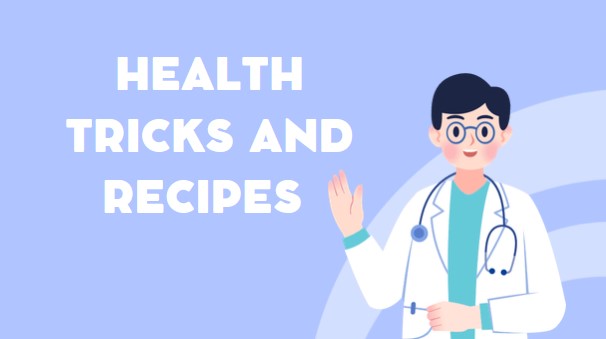‘No tricks, medications, or supplements’: These simple tips will help improve brain function and memory
All of us wish to have a sharp memory, improved brain function, and cognitive abilities. However, with age, these things may decline or start slowing down. But, turns out that inculcating a few simple daily habits can prove to be extremely beneficial for brain health and also improve its functioning. Dr Arvin Bhatia, the lead neurosurgeon at Spars Hospitals, took to social media and shared six super simple tips that do not depend on any tricks medications supplements medications supplements, tricks medications supplements, or medications to improve brain function. Check them out:
- First and one of the most important things is to get a good night’s sleep. Also, try to sleep and wake up at the same time; it has positive effects on something known as your lymphatic system, slow wave sleep which encodes memories and helps the brain restore itself.
- Exercise regularly. Whether it is resistance training or cardiovascular training.
- Eat a healthy diet. There have been various studies to show that eating a diet that’s rich in fruits and vegetables has delayed the onset of cognitive decline in people.
- Read often.
- Avoid stimulants and depressants. Depressants, especially alcohol, are very damaging to the brain. But certain stimulants like caffeine have actually shown to be beneficial.
- Practice a daily mindfulness meditation for at least a few minutes every day. You can start with a couple of minutes. But doing approximately 10 to 15 minutes a day has been shown to have very beneficial effects.

Adding, Dr Ashok Hande, Consultant-Neuro and Spine Surgery, Fortis Hiranandani Hospital, told indianexpress.com, “There is no magic pill to avoid cognitive decline. For the brain to function optimally for a long duration, a healthy dietary pattern along with regular exercise is very important. This may even slow down cognitive decline. The brain can process information as quickly as 268 miles per hour. Since it’s such a vital organ, it’s important to fuel it properly”.
Food for better brain function
Dr Hande shared a comprehensive list of food items that are good for your brain function. They are:
- Green, leafy vegetables like kale, spinach, collards, and broccoli are a rich source of nutrients that are beneficial for brain health. These leafy greens are rich in vitamins such as Vitamin K, lute in, foliate, and beta carotene, all of which contribute to a healthy and functioning brain.
- Fatty fish are abundant sources of omega-3 fatty acids, healthy unsaturated fats that have been linked to lower blood levels of beta-amyloidal the protein that forms damaging clumps in the brains of people with Alzheimer’s disease.
Omega 3 fatty acid present in fish is very good for your brain health.
- Berries have been found to have a positive impact on memory and cognitive function. A study conducted by Harvard’s Brigham and Women’s Hospital showed that women who included two or more servings of strawberries and blueberries in their weekly diet were able to delay memory deterioration by as much as 2.5 years
- The morning cup of coffee or tea, infused with caffeine, may provide more than just a fleeting improvement in concentration
- Walnuts are a great addition to any diet, especially for those looking to promote heart and brain health. It is rich in omega-3 fatty acids and alpha-linolenic acid which can which benefit both the heart and the brain
Things to avoid for better brain health
Dr Hande also shared few things that you should avoid for better functioning of your brain. They are:
- Inadequate sleep: Getting enough sleep is crucial for maintaining a healthy brain, both in the present and for warding off age-related brain diseases such as Alzheimer’s and dementia in the future
- Too much sugar in diet
- It’s important not to eliminate carbohydrates completely from your diet. Carbohydrates are the primary source of energy for both the brain and the body, and the brain alone uses up to 25% of the daily energy intake.
- Do not ignore stress management: Numerous activities can improve brain health and simultaneously reduce stress levels. Examples include meditation and exercise
- Avoid long duration of screen time, and take breaks
